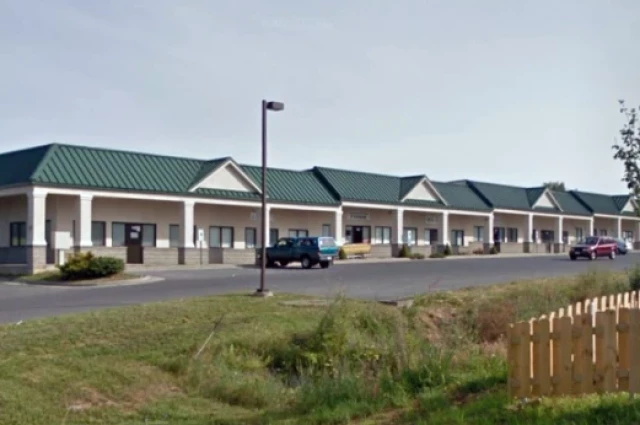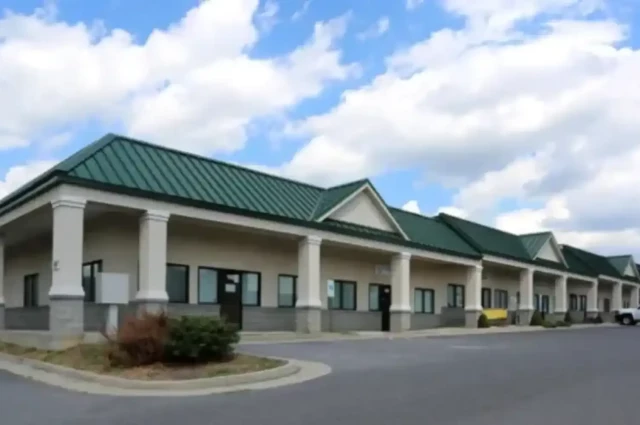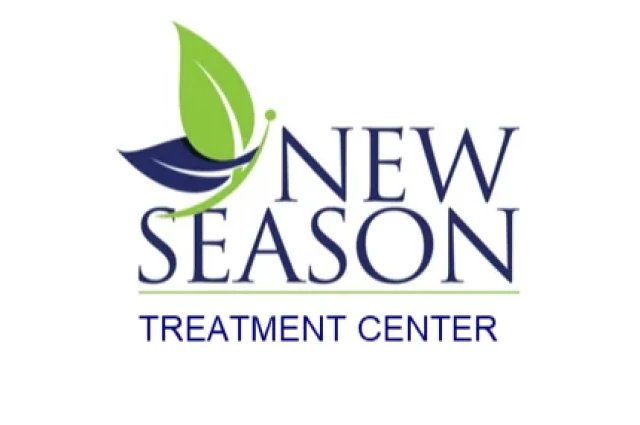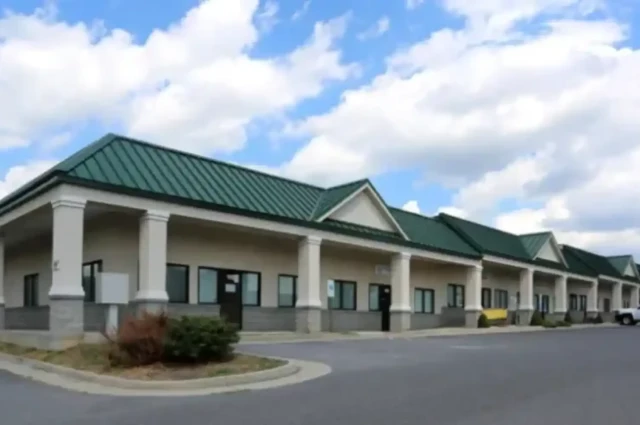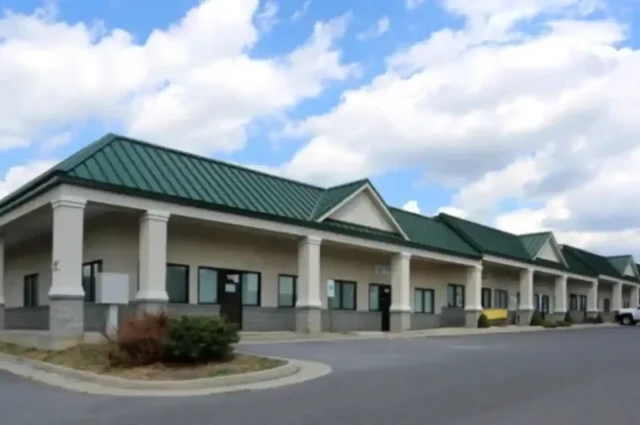New Season - Harrisonburg therapy Center is an outpatient institution in Harrisonburg, Virginia, that uses a holistic approach that includes counseling and medication-assisted therapy (MAT) to help people overcome opioid use disorder. The facility, which specializes in outpatient care, offers individualized treatment programs that include therapeutic support, medical supervision, and an emphasis on long-term rehabilitation.
Individual, group, and family therapy are all part of the treatment program at New Season – Harrisonburg. MAT is also provided, along with FDA-approved drugs including suboxone, methadone, and buprenorphine. These drugs are intended to lessen cravings, ease withdrawal symptoms, and support long-term recovery. The main goals of counseling sessions are to provide clients the tools they need to overcome obstacles in their recovery process by helping them create coping strategies, manage stress, and overcome setbacks.
This facility stands out for its early morning dose hours that enable patients to get their medicine before heading to work or school and causing the least amount of interruption to their regular schedules. In addition, the program offers medically guided withdrawal, routine physicals, and, if necessary, referrals to more intense rehabilitation programs.
Since 1986, New Season has been a pioneer in the treatment of opioid addiction, running more than 80 facilities in 20 states. Their strategy places a strong emphasis on the need of lessening the stigma associated with opioid addiction and enticing neighborhoods to help individuals in need. With individualized treatment programs that address the psychological, emotional, and physical elements of addiction, New Season seeks to enable patients to rebuild their lives by establishing an atmosphere of compassion and respect.
New Season's programs are listed by SAMHSA and accredited by CARF. They follow the highest standards of care and are dedicated to ongoing improvement using the most recent evidence-based recovery strategies. Former clients often describe the center as a lifesaving resource that promotes convenience and tailored assistance, highlighting the caring and nonjudgmental care they get.
Harrisonburg Treatment Center Information
Treatment
Who We Treat
- Male and Female
Treatment Focus
- Drug Addiction
- Opioids
- Medication-Assisted Treatment
Approaches
- Individual Treatment
- Personalized Treatment
- Evidence-Based
- Medical
- Family Therapy
- Group Therapy
- 1-on-1 Counseling
- Medication-Assisted Treatment (MAT)
- Relapse Prevention Counseling
Substances We Treat
- Opioids
Languages
- English
Aftercare
- Relapse Prevention Planning
- Outpatient Treatment
- Support Meetings
Level of Care
- Outpatient
Experience
On-Site Amenities
- Air-Conditioned Rooms
Smoking and Vaping Policy
- Smoking Not Allowed
- Vaping Not Allowed
Accreditations
-
State mental health department
State mental health department accreditation refers to the process of evaluating and certifying the quality and standards of a state's mental health department, ensuring that it provides high-quality services and meets specific criteria for mental health care. The accreditation process is performed by a third-party organization and helps to improve the overall care and treatment of individuals with mental health conditions.
-
Drug Enforcement Agency (DEA)
DEA accreditation refers to the process by which a law enforcement agency is recognized by the Drug Enforcement Agency (DEA) as having met specific training, operational, and resource requirements necessary to participate in DEA-led drug enforcement efforts. This accreditation allows the agency to perform DEA-related tasks such as conducting investigations, executing federal search warrants, and participating in joint task forces.
-
SAMHSA certification for opioid treatment program (OTP)
Accreditation by the Substance Abuse and Mental Health Services Administration (SAMHSA) for Opioid Treatment Programs (OTPs) signifies that a program has met strict standards for providing high-quality care to individuals with opioid use disorders. It assures patients, families, and communities that the OTP follows evidence-based practices, employs qualified staff and maintains a safe and effective treatment environment. This accreditation reflects the program's commitment to addressing the opioid epidemic and promoting recovery.
-
Commission on Accreditation of Rehabilitation Facilities (CARF)
CARF accreditation is a prestigious recognition granted to rehabilitation and human service organizations. It signifies that an organization meets high-quality standards, having undergone a rigorous evaluation process. CARF accreditation boosts an organization's credibility and ensures top-notch care for individuals with disabilities, injuries, or healthcare needs.

Harrisonburg Treatment Center Accepts The Following Insurance Plans
Find the best treatment options. Call our free and confidential helpline today!
